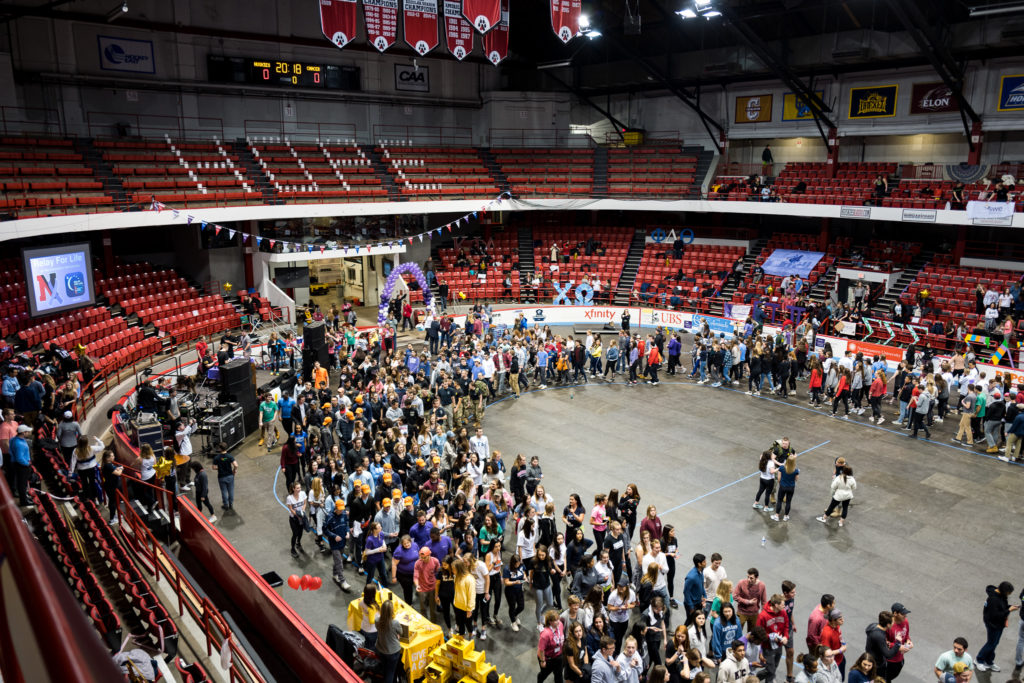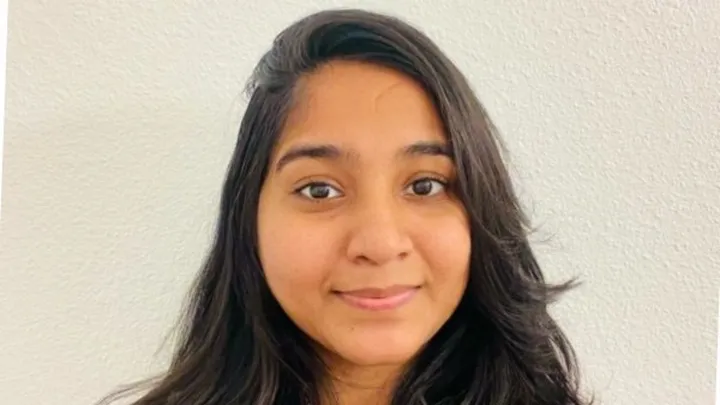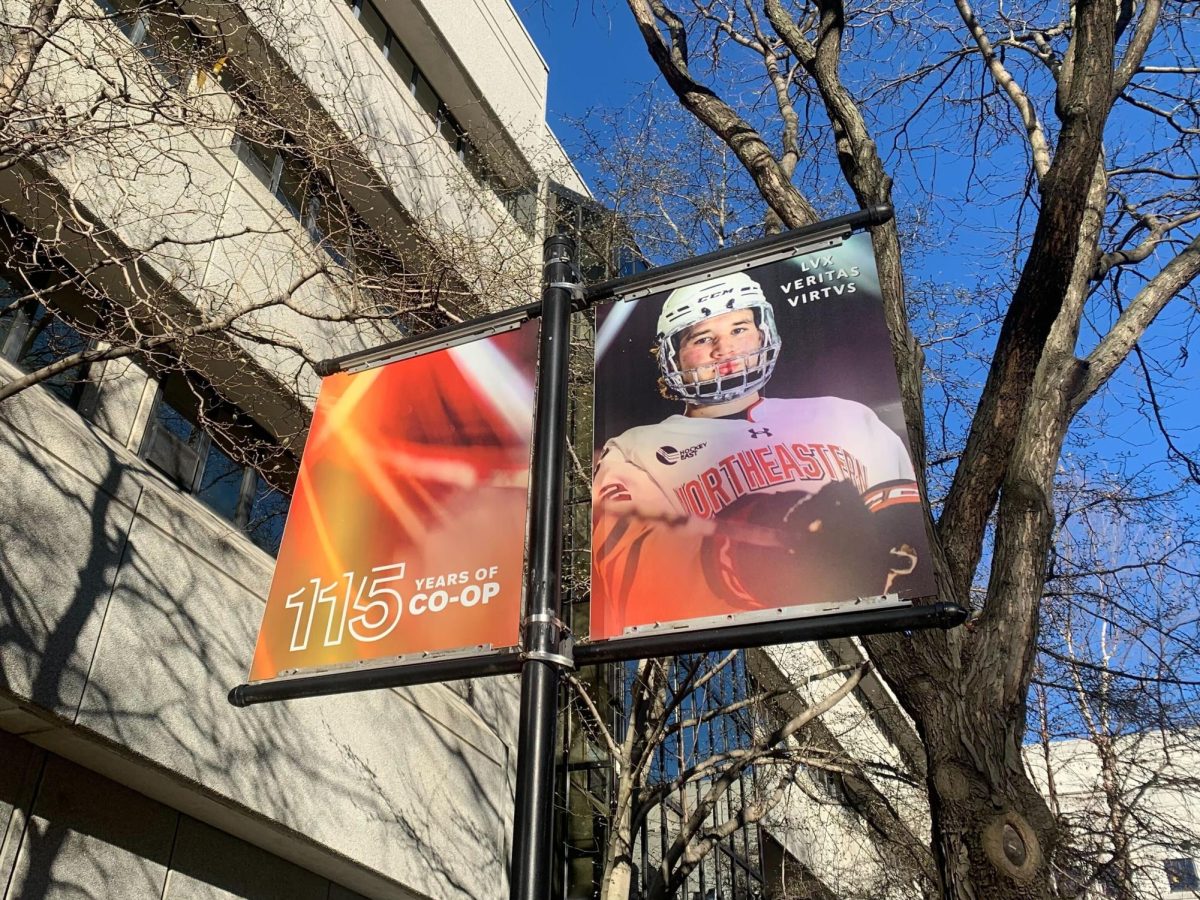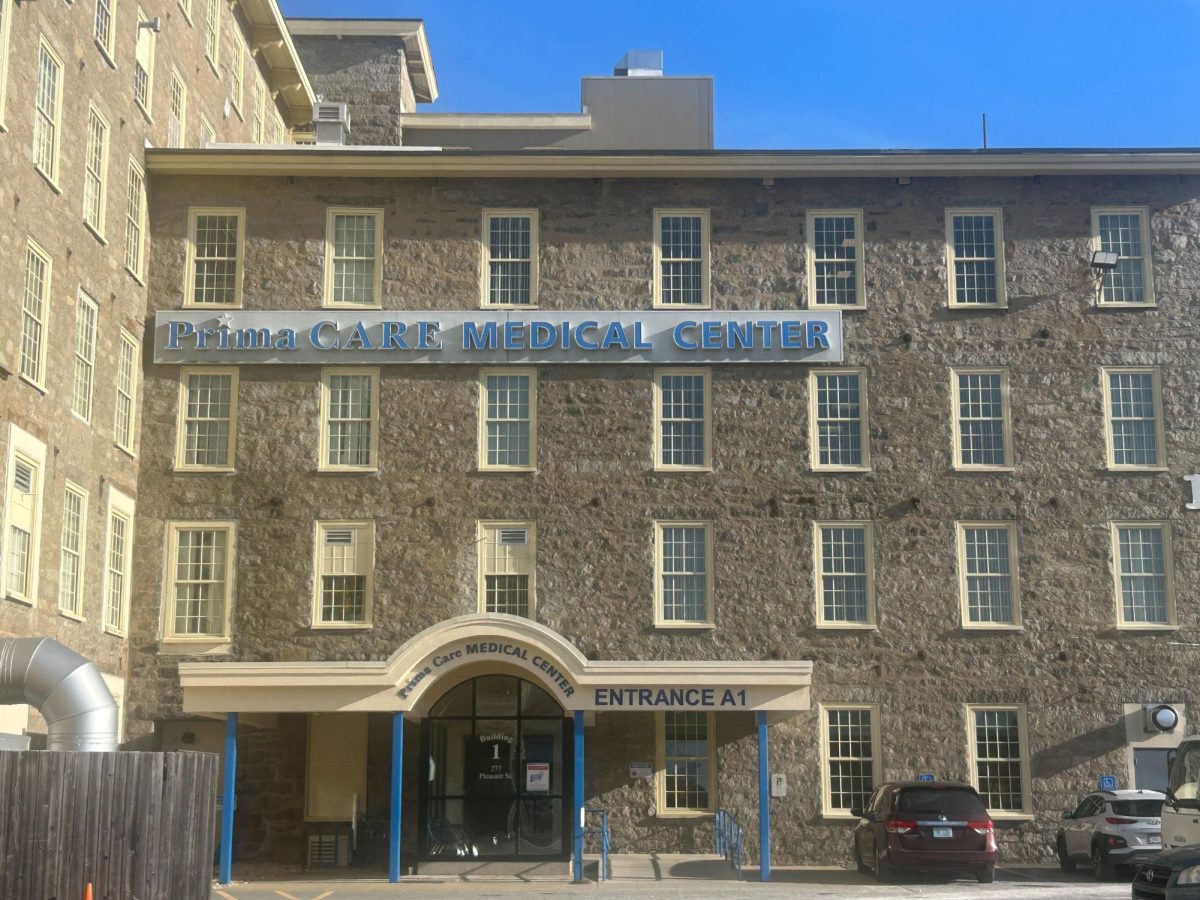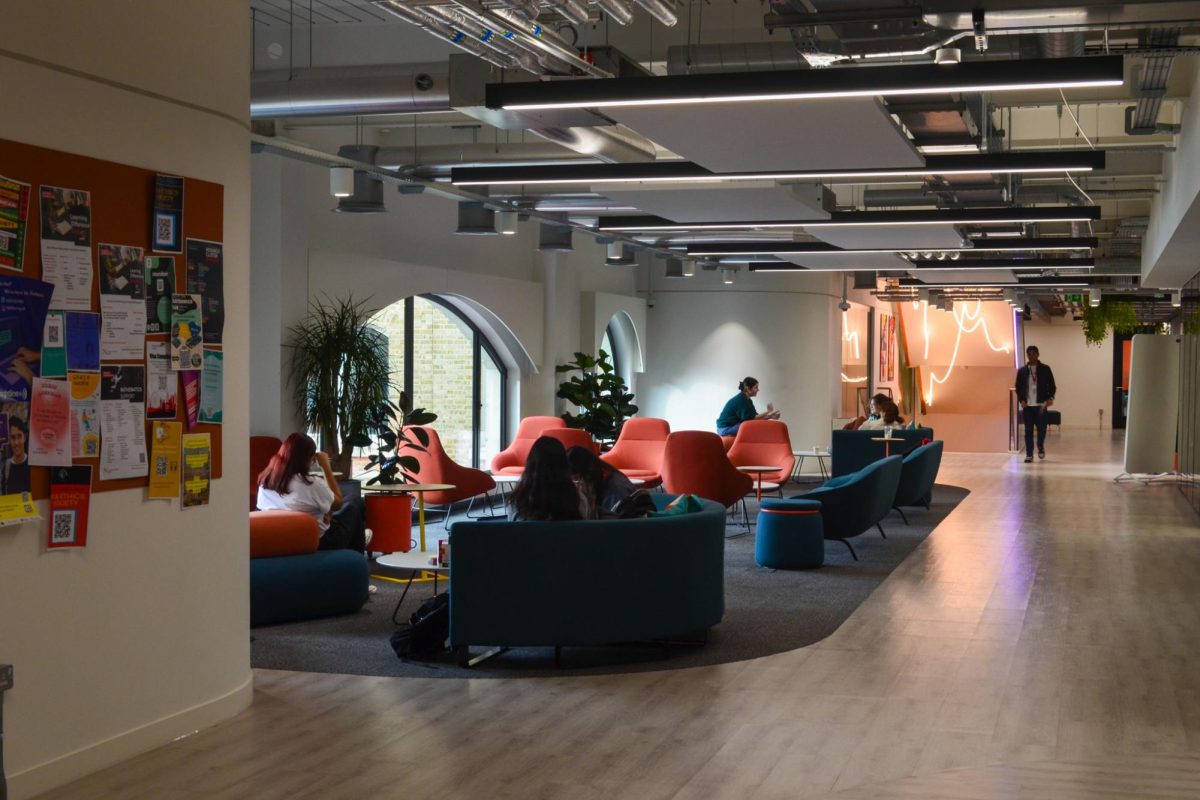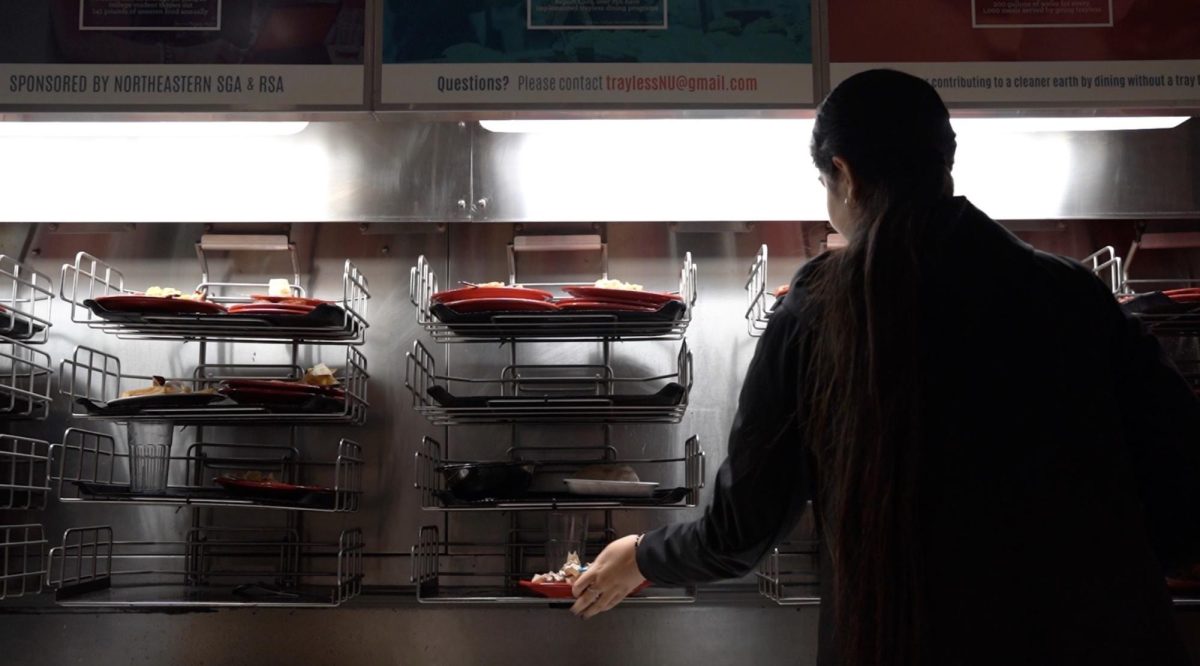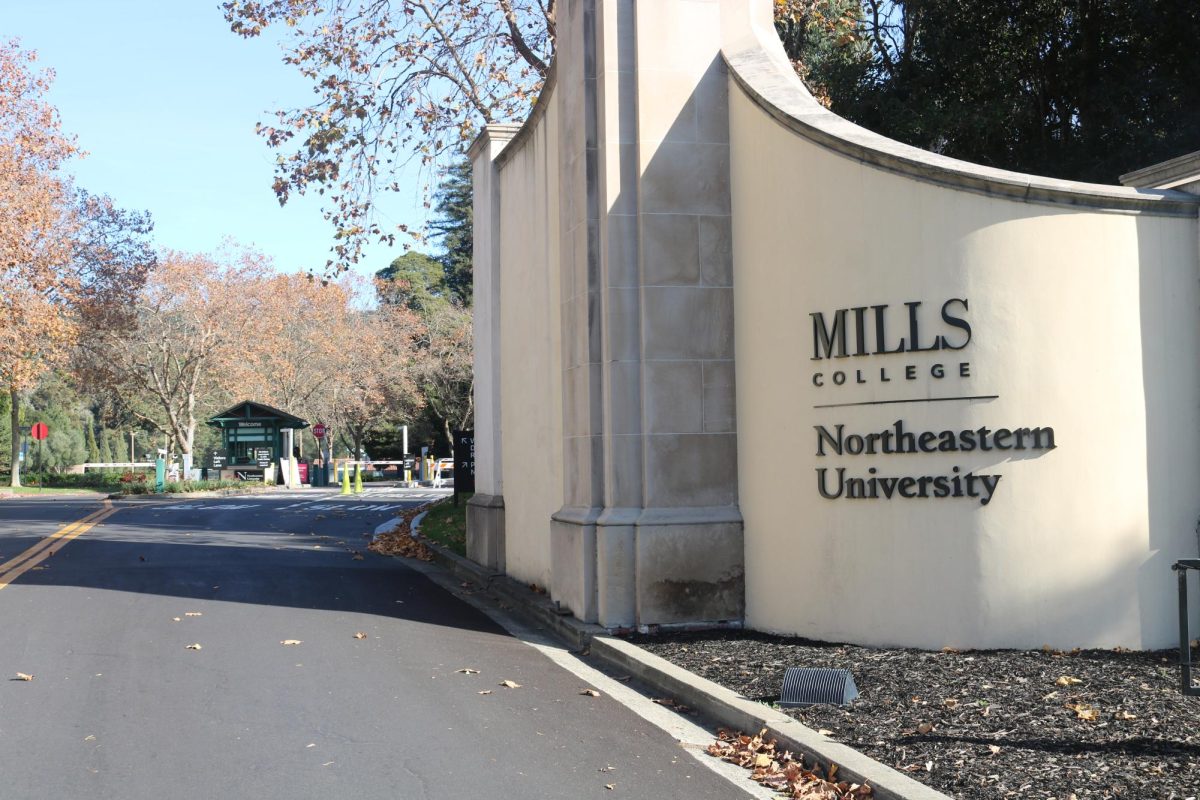By Morgan Lloyd, campus editor
When Emma Codman went to her first Relay for Life, the event didn’t have the personal significance it does now. That would come a year later, when her mother was diagnosed with a rare form of lung cancer, which she later died from.
Now Codman dedicates her participation in the event each year to her mother.
“I do Relay for her and for kids who lose their support system to cancer, because that just shouldn’t happen at such a young age,” said Codman, a fifth-year physical therapy major.
Codman is the publicity event leader for the Northeastern Relay for Life, or simply Relay, an annual event on campus devoted to raising money for the American Cancer Society. Northeastern’s Relay is one of thousands that happen around the world.
Northeastern’s event, now in its ninth year, started at 6 p.m. Saturday and continued until 6 a.m. the following morning in Matthews Arena. By the end of the event, contributors had raised more than $240,000 for the American Cancer Society, an organization devoted to eliminating cancer as a major health problem.
The event brought together NU students and participants from around the Greater Boston area. Based on a Monopoly theme, it featured fundraising stands set up around the edges of the arena symbolizing the properties on a Monopoly board game.
Many of the approximately 3,000 participants in the Relay attended the event with their fraternity or sorority, like first-year computer science and design combined major Brandon Yap. Yap, a member of Phi Gamma Delta, volunteered at the event in honor of his uncle, who passed away from pancreatic cancer.
“I’ve been doing Relays for a little while so I was glad to find out my fraternity also does them,” said Yap.
The Relay opened with a speech from Karen Smyers, a world champion triathlete whose multiple health problems interrupted her career. Smyers faced a hamstring injury and was hit by an 18-wheeler while riding her bike. But neither of those experiences, Smyers said, prepared her for her diagnosis of thyroid cancer.
“The 18-wheeler was scary but at least you could hear and see it coming,” Smyers said. “The cancer was something that I couldn’t see or hear.”
Smyers said persevering with her athletic training was crucial in helping her fight the disease.
“Going back, the training is the thing that had me feeling not like a cancer victim, but a cancer survivor,” Smyers said.
The luminaria ceremony, a central event at each Relay for Life, started at midnight. Throughout the day, participants bought white paper bags and marked them with the names of loved ones who died of cancer or who are currently fighting the disease. They later placed lights inside the bags, which illuminated Matthews Arena when the ceiling lights were turned off at the start of the ceremony.
“It’s really, really powerful. You kind of realize during that ceremony that everyone’s been affected by it,” Codman said.
The speaker during the luminaria ceremony was Christine Suau, a Framingham resident whose 6-year-old son passed away from brain cancer in 2017.
“My husband and I were told the worst news any parent could ever hear,” Suau said. “Your son Devin is going to die.”
Suau’s family started the #WhyNotDevin campaign to raise awareness of Devin’s disease, a brain tumor called diffuse intrinsic pontine glioma, while Devin was seeking treatment. Now, the Suau family has created the #WhyNotDevin foundation to help families with children suffering from the same disease.
“Devin’s fight will continue through us,” Suau said.
After a tribute video to those who passed away and a moment of silence, students lit glow sticks for a silent lap around the arena.
The event concluded the next morning, with $241,204.28 of the organizers’ $280,901 goal raised.
“I think it’s really great that we can bring people together, because it is one cause,” Codman said, “and I don’t think anyone can really argue, you know, that cancer isn’t something we should fight.”


